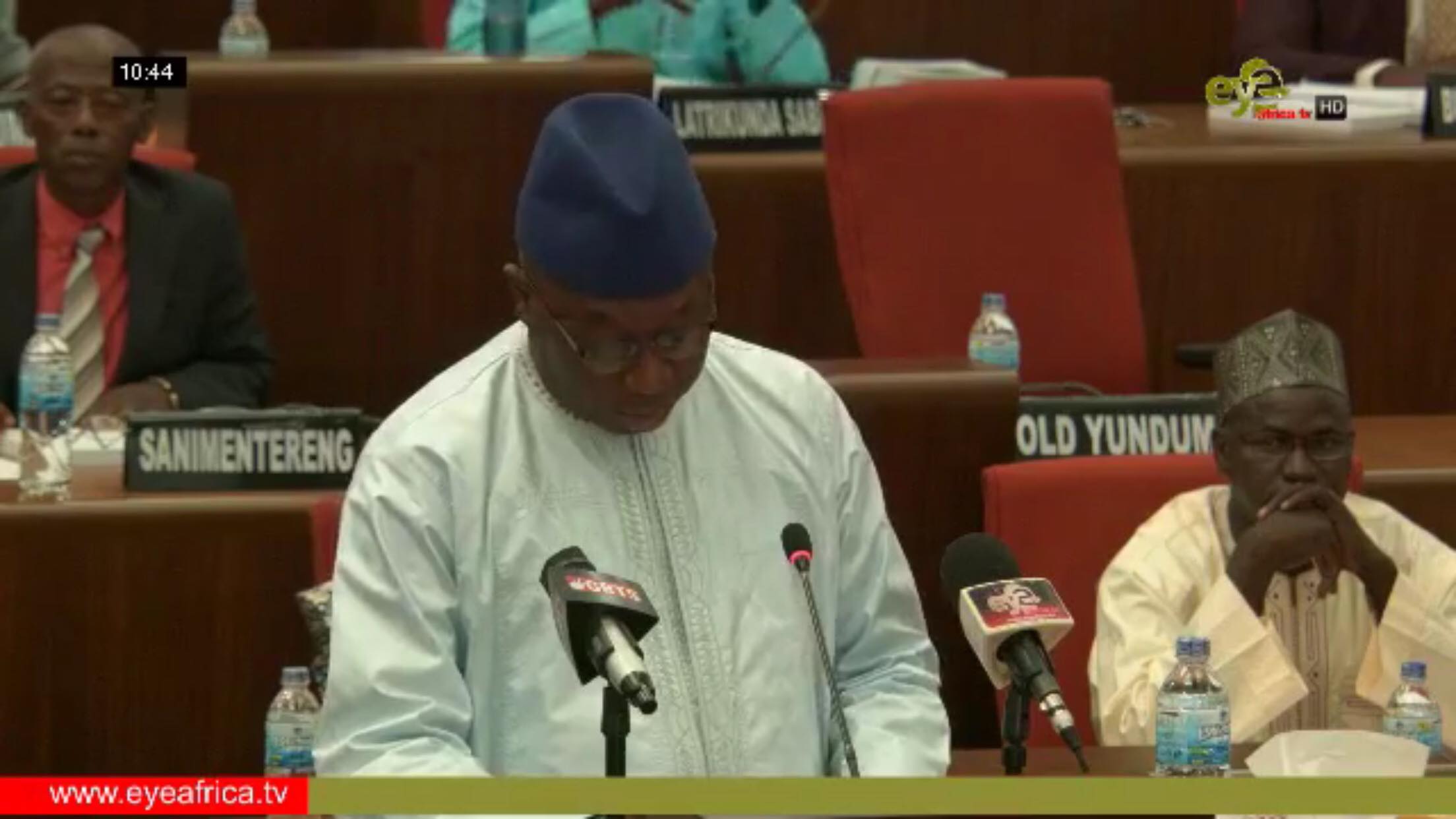By: Binta Jaiteh
The Director General of the Gambia Standards Bureau, Papa Secka, has stated that harmonized standards are a significant driver of global trade.
DG Secka made this disclosure at a high-level workshop on the role of harmonized standards as enabling tools facilitating trade under the African Continental Free Trade Agreement (AfCFTA) held at Sir Dawda Kairaba Jawara Conference Centre on Wednesday, April 23, 2025.
“African Organization for Standardization, otherwise known as ARSO, has the status of an intergovernmental Organization, pretty much like CODEX, but also it is a globally-recognized regional standardization body representing Africa in the international standardization framework.
A study by ISO in 2016, product standards are omnipresent and affect production processes in virtually all industries globally. This silent form of trade integration, which is not necessarily the result of government trade policy, shapes the way firms produce and sell their output abroad,” he explained.
“The uniformity of product characteristics as a result of harmonization across countries also increases the marketability of products. In an article on the impact of standards harmonization on global trade, published in the Journal of International Economics in July 2022, it was demonstrated that harmonized standards have contributed up to 13% of the growth in global trade,” he added.
The Permanent Secretary Ministry of Trade, Mod Secka who represented the Minister of Trade also said harmonized standards are indispensable in trade facilitation and are indeed the backbone in facilitating regulatory convergence.
“Harmonized standards play a crucial role in facilitating international trade by reducing technical barriers and ensuring consistent product quality and safety across different markets. They achieve this by establishing common technical requirements, making it easier for businesses to export products that comply with various national standards,” PS Secka pointed out.
According to him, the concept always aims to eliminate technical trade barriers and ensure that products conforming to harmonized standards are presumed to comply with the essential requirements of relevant export market regulations, hence ensuring greater market access opportunities.
He revealed that the Government through the Ministry has ensured that the Gambia’s well prepared in terms of putting in place the relevant policies, strategies, and enabling environment for industry and market players to take full advantage of the great opportunities that the AfCFTA has opened up.
He further disclosed that the ministry has developed a comprehensive national AfCFTA implementation strategy.
He described the strategy as the national strategic framework for the implementation of the AfCFTA in The Gambia, adding that it identifies priority actions that will be undertaken by the Government over the next ten (10) years to effectively realize the potential benefits of the AfCFTA for the Gambian businesses.





